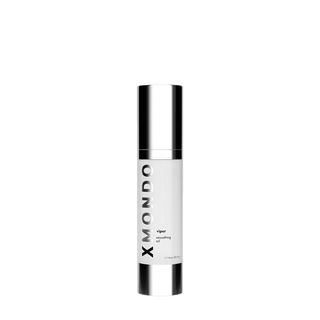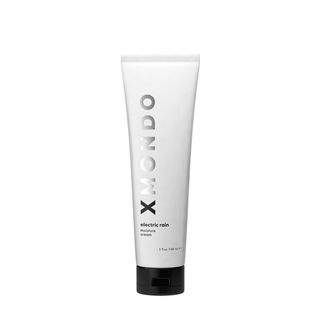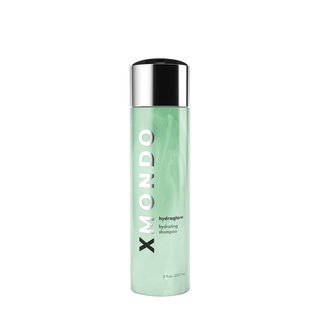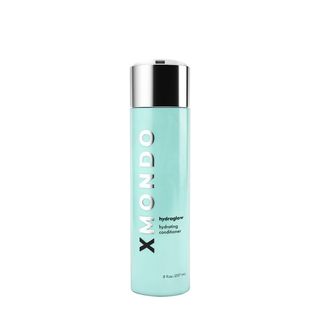
Rosdiana CiaravoloGetty Images
For a long time, the hair-conscious have been bombarded with an ingredient list of absolute no-nos, scaring us into avoiding products with ingredients like sulfates and silicones. A lot of this is left over from the ’90s and late ’00s, when we learned about routines like the Curly Girl Method, which lists these two ingredients as terrible for curls.
But what exactly are silicones, and are they actually bad for your hair? Brad Mondo, the founder & creative director of XMONDO, is a big proponent of using silicones in some of his hair products like his Viper Smoothing Oil, Electric Rain Moisture Cream, and Hydraglow Shampoo and Conditioner. We asked him to weigh in on the truth about silicones, and maybe debunk a few myths while we’re at it.
What Are Silicones?
“Silicones are made from silica, which is derived from sand,” says Mondo. “There are different types of silicones, some that are better than others. Generally speaking, silicones are not harmful for the hair and are an amazing ingredient to get the smoothest, shiniest hair possible.”
Are Silicones Bad For The Environment?
“Although not all silicones are biodegradable, they do not break down into microplastics,” Mondo says. “There are different grades, qualities, and functions of silicones. There are water-soluble silicones and non-water-soluble silicones.” Some of the less planet-friendly silicones, like D5, are slowly being fazed out of use in hair care products.
De-bunked: All silicones are the same.
Why Are Silicones In Hair Products?
“Silicones are polymers that provide multiple benefits to the hair. They enhance shine, improve hydration, provide frizz control and leave hair feeling soft and smooth,” Mondo tells ELLE.com. “Silicones provide many benefits for the hair. They improve the feel of the hair by adding conditioning and moisturizing properties. They also create a barrier to provide frizz protection and heat protection.” Most importantly, he says, “Silicones provide an intense glass-like shine to the hair which is one of my personal favorite qualities of this ingredient. It is a proven ingredient that has been trusted for decades.”
Do Silicones Cause Build-Up?
“Water-soluble silicones will wash away easily from the hair, while non-water-soluble ones can create a build up,” according to Mondo. “Traditionally, cheaper hair products contain higher amounts of lower quality silicones that can cause build up on the hair. I think everyone has seen viral videos of scraping silicones off your hair, but in actuality, they are actually scraping the healthy cuticle off the hair.”
He also says: “Extreme excessive use of silicones can be harmful to your hair but it is unlikely that you will use enough for it to affect your hair in a negative way.” Some healthy silicones include dimethicone copolyol, stearoxy dimethicone, and behenoxy dimethicone.
De-dunked: All silicones leave extreme build-up on the hair.
While it’s perfectly fine for you to choose to not use silicones in your hair care products, there’s no need to unequivocally fear them. Here are some of Brad’s favorite products that contain water-soluble, healthy silicones to give your hair a beautiful shine.
This content is created and maintained by a third party, and imported onto this page to help users provide their email addresses. You may be able to find more information about this and similar content at piano.io




